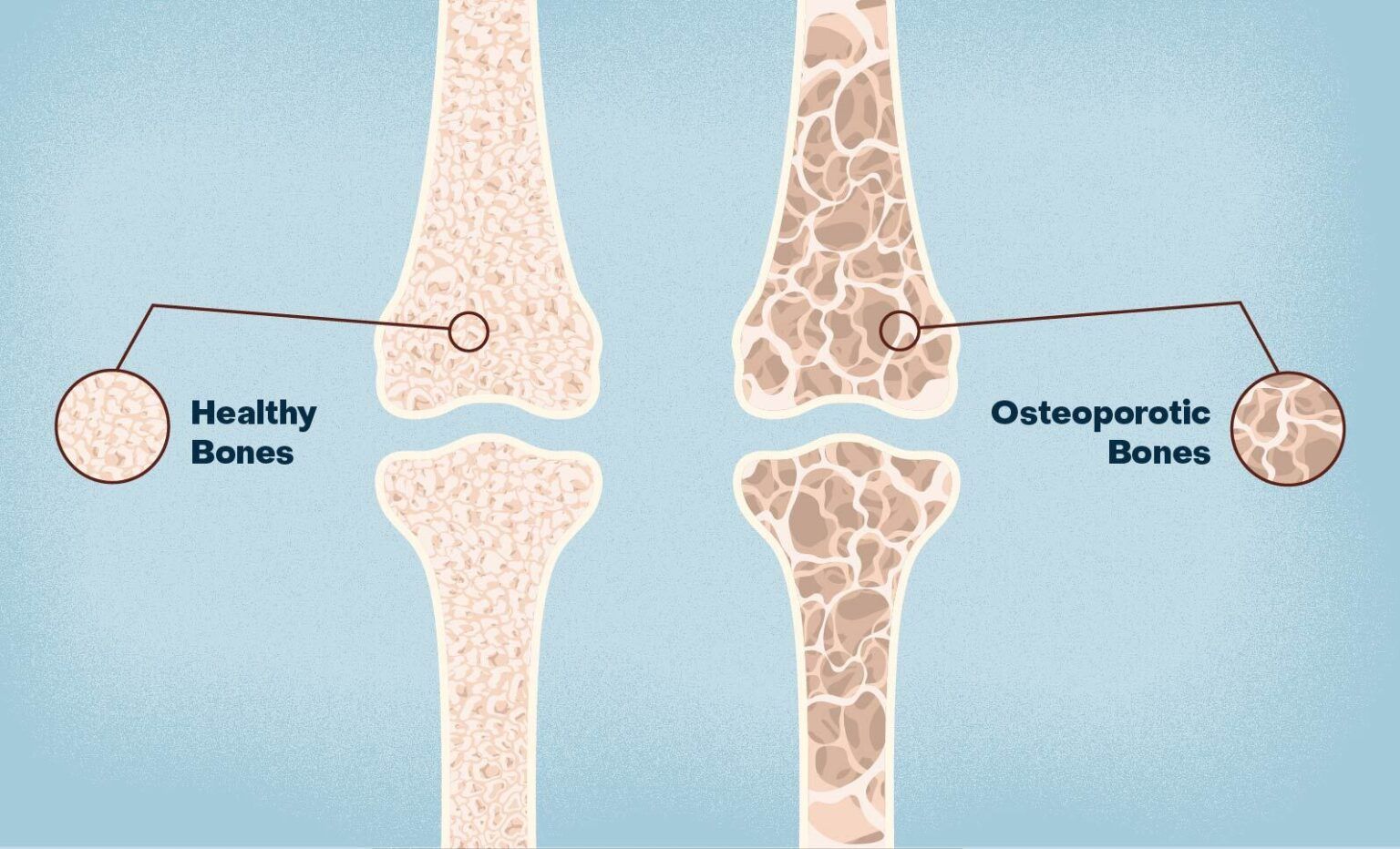
“
Packaged snacks (e.g., potato chips, candy bars, cookies, sugary cereals) have become a convenient staple for many in today's fast-paced world, offering quick gratification with minimal effort. However, beneath their appealing packaging lies a myriad of health concerns that are often overlooked. These snacks can pose significant health risks, from excessive sugars and salts to harmful additives. Join us as we explore why avoiding packaged snacks can improve health outcomes and vitality.1
1
”
Packaged snacks often contain high levels of added sugars, which contribute to weight gain, diabetes, and dental cavities. These sugars provide empty calories without essential nutrients, leading to spikes and crashes in blood sugar levels. 1
Many packaged snacks are loaded with sodium to enhance flavor and shelf life. Excessive sodium intake can lead to high blood pressure, increasing the risk of heart disease and stroke.2
Some packaged snacks contain trans fats, which raise LDL (bad) cholesterol levels and lower HDL (good) cholesterol. This imbalance increases the risk of heart disease and other cardiovascular issues.3
Most packaged snacks provide little nutritional value beyond calories. They lack essential vitamins, minerals, and fiber needed for optimal health and can contribute to nutrient deficiencies over time. 4
Regular consumption of packaged snacks is linked to weight gain and obesity due to their high calorie, sugar, and fat content. These snacks often promote overeating and contribute to an imbalance in energy intake. 5
Diets high in processed snacks are associated with an increased risk of cardiovascular disease. The combination of unhealthy fats, sodium, and additives can lead to elevated cholesterol levels and inflammation in the arteries.6
The high sugar content in many packaged snacks can lead to insulin resistance, a condition where cells become less responsive to insulin, causing type 2 diabetes if not managed properly. 7
Packaged snacks frequently lack essential dietary fiber, which is vital for digestive health. A diet low in fiber can result in constipation, bloating, and various gastrointestinal issues over time. 8

Snacks high in salt can contribute to calcium loss from bones, weakening them over time. Which increases the risk of osteoporosis and fractures, especially in older adults.
Relying on packaged snacks for a significant portion of your diet can result in inadequate intake of essential nutrients such as vitamins, minerals, and antioxidants. 9
The combination of salt, sugar, and fat in packaged snacks can trigger addictive eating behaviours. These snacks are designed to be highly palatable and can lead to cravings and overconsumption. 10
Fluctuations in blood sugar levels from sugary snacks can lead to mood swings and irritability. The temporary energy boost is often followed by a crash, affecting mental well-being. 11
Packaging waste from snacks contributes to environmental pollution. Plastic wrappers and containers often end up in landfills or oceans, threatening wildlife and ecosystems. 12
Sugary and sticky snacks can lead to tooth decay and cavities. The bacteria in your mouth feed on these sugars, producing acids that gradually erode tooth enamel, increasing the risk of dental problems and damage over time. 13
Consuming processed snacks can disrupt hormone production and regulation in the body. The additives and preservatives commonly found in these snacks may interfere with endocrine function, potentially leading to hormonal imbalances.14
Diets high in processed snacks and unhealthy fats may impair cognitive function over time. Studies suggest that these diets are associated with a higher risk of cognitive decline and dementia. 15
Snacking on sugary or caffeinated treats can give you a quick energy boost, but it often leads to a sudden crash. This drop in energy can leave you feeling drained and less productive, impacting your performance throughout the day. 16
High sugar and unhealthy fats in snacks can exacerbate skin conditions like acne and inflammation. These snacks may contribute to increased oil production and clogged pores. 17
Packaged snacks often contain allergens and additives that can trigger allergic reactions or sensitivities in susceptible individuals. These reactions range from mild to severe and require careful avoidance. 18
Processing methods and additives in packaged snacks may introduce toxins into the environment. Chemical residues from packaging materials can leach into soil and water sources, impacting ecosystems and human health. 19


